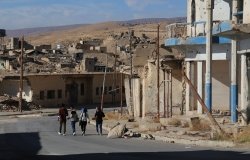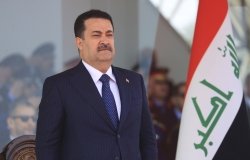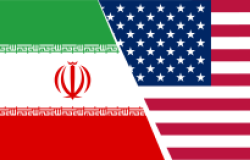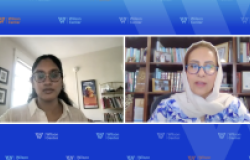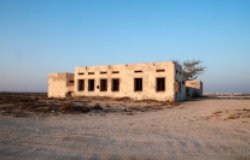The War Next Door: Implications for Iran’s Domestic and Foreign Policies
Summary of a meeting with Bijan Khajehpour, Atieh Bahar Consulting Firm (Tehran, Iran)
Overview
Summary of a meeting with Bijan Khajehpour, Atieh Bahar Consulting Firm (Tehran, Iran)
Mr. Khajehpour, chairman of the Atieh Bahar consulting company in Tehran, discussed Iran’s domestic politics and Iran’s view of the Iraq war. The major political factions: the reformers, the economic right, and the ideological conservatives are at a deadlock, he said. But no dominant political discourse or political leader has emerged. Rogue elements are potential spoilers of any attempt at reconciliation between factions or moves toward more centrist domestic and foreign policies. People are generally disillusioned with reformist movements and with politics in general. Public apathy was reflected in the low turnout for the local council elections, in which the reformists did poorly and the conservatives gained most of the seats in large cities. Among the top leadership, including Leader Khamenei, President Khatami, Parliamentary Speaker Karrubi and Expediency Council chief Rafsanjani, there appears to be a desire to move Iran towards a centrist policy based on the ‘Chinese Model’-- giving priority to economic rationalization, easing social restrictions and allowing some opening in the cultural sphere, while postponing a political opening for later. But Khajehpour believes that Khamenei is consolidating his power and is increasingly directing policy.
According to Khajehpour, Iranian analysts believe that the war in Iraq is about U.S. domination of the entire region. Iran wishes to see the Shiites, including the followers of Ayatollah Hakim, play a larger role in post-Saddam Iraq and for Iran itself to be included in discussions regarding the region in the post-war period. Iran also worries about the possible fragmentation of Iraq and its repercussion in the region, the emergence of Iraq as regional hegemon, and U.S. intentions regarding Iran.
Iran looks for a change in the policies America has adopted towards Iran. While suspicions remain high and direct negotiations remain problematical, Dr. Khajehpour said Great Britain can play a useful role as an intermediary between the two countries. Iran has good relations with the UK and is expanding its relations with the EU.
Hosted By

Middle East Program
The Wilson Center’s Middle East Program serves as a crucial resource for the policymaking community and beyond, providing analyses and research that helps inform US foreign policymaking, stimulates public debate, and expands knowledge about issues in the wider Middle East and North Africa (MENA) region. Read more
Thank you for your interest in this event. Please send any feedback or questions to our Events staff.





